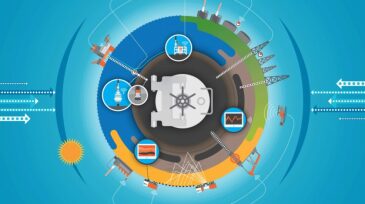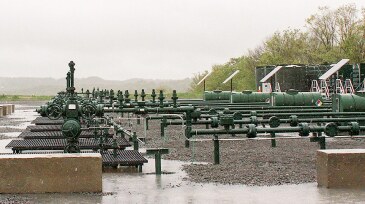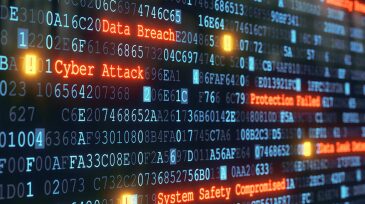security
-
Technical means are not enough to protect a business from cyberthreats. That is why many companies already invest in employee cybersecurity training. There, however, complications may arise.
-
Oil and gas might not seem like an industry that hackers would target. But they do—and the cybersecurity risks rise with every new data-based link between rigs, refineries, and headquarters. In an increasingly connected world, how can upstream oil and gas companies protect themselves?
-
Honeywell Process Solutions, with the support of the Singapore Economic Development Board, will establish a new industrial cybersecurity center of excellence (COE) for Asia Pacific in Singapore.
-
Honeywell announced that it has signed a definitive agreement to purchase Nextnine, a privately held provider of security management technologies for industrial cybersecurity.
-
Libya’s oil production has plunged by almost a quarter after workers shut the OPEC country’s biggest field to protest lack of medical care following the death of a colleague, a person familiar with the matter said.
-
Five years ago, an attack on nearly two dozen US natural gas utilities set off alarm bells in the US intelligence community. Many gas companies say they have shored up security since then. But the sector’s overall cyber readiness is a black box even to those charged with overseeing it.
-
In recent months, more US oil company boards have demanded information technology managers prove refineries and drilling rigs are protected against cyberattacks, the chief of a security firm says.
-
Atos, a global leader in digital services, and Siemens, a global engineering leader, announced that they have entered into a memorandum of understanding and will leverage their portfolios to help customers establish an integrated first line of defense against cyberattacks.
-
Libya’s crude production exceeded 700,000 B/D and is expected to keep rising as working conditions in the conflict-ridden country improve for international companies such as Eni and Total, an official from the state oil company said.
-
IPIECA has developed two responsible security tools, produced in partnership with the Geneva Centre for the Democratic Control of Armed Forces and the International Committee of the Red Cross.







